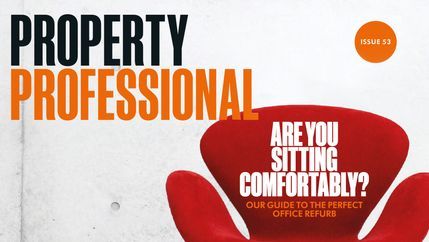
The Bill’s purpose is to improve the way rents are set in the private rented sector, with the intention of reducing poverty and supporting low-income tenants and their families.
It seeks to do this by setting a cap on the amount a landlord can increase the rent as well as allowing tenants to apply for a fair open market rent to be set. A decision on fair rent will consider the condition of the property, internal decoration, the energy efficiency standard, and other issues.
Summary of the proposals in the Bill:
- Introduce a general cap in Scotland on rent increases for Private Residential Tenancies (PRT) at no more than the annual Consumer Prices Index ("CPI") plus 1 per cent.
- Provide tenants on a PRT with the right to apply for a fair rent to be determined no more than once in any 12-month period.
- Require private landlords to disclose the rents they charge for each property when they register or renew their registration on the Scottish Landlord Register.
- Require Scottish Ministers within three years from the commencement of the proposed legislation to publish a statement on the impact of the Bill.
Additional measures:
- Scottish Ministers to be empowered to vary the additional percentage to be applied to CPI in the fair rent CPI cap either upwards or downwards, including a negative percentage.
- Any fair rent determination by a rent officer of the First Tier Tribunal could not be increased from the proposed rent figure that is being appealed against.
- The rents registered in the Landlord Register will be in the public domain.
It is intended the Bill is introduced into law no later than May 2021.
ARLA Propertymark will be engaging with MSPs and Officials as the Bill moves through Parliament. We will also be engaging with members to gather evidence and information.




